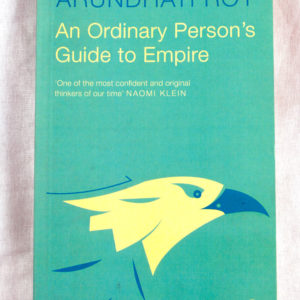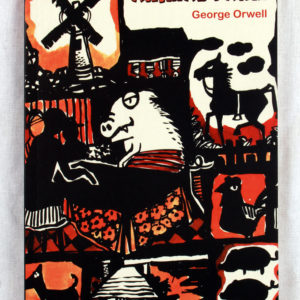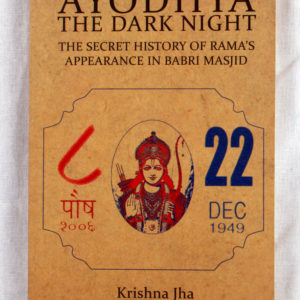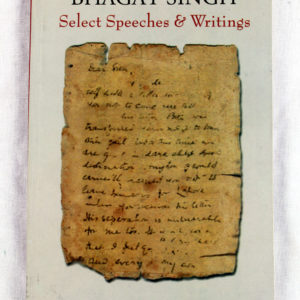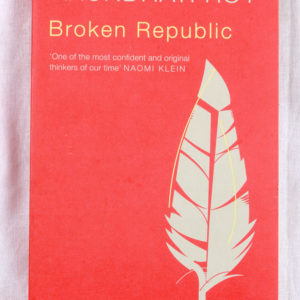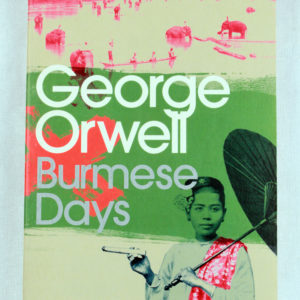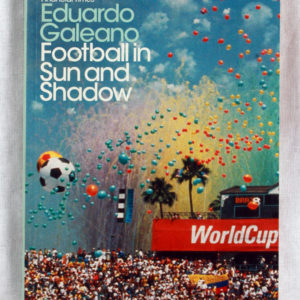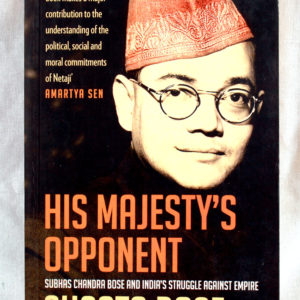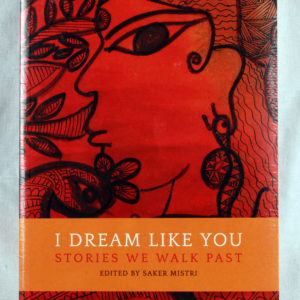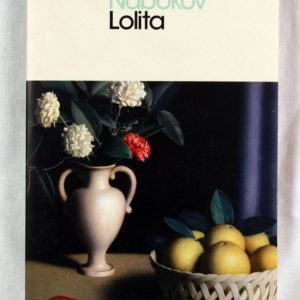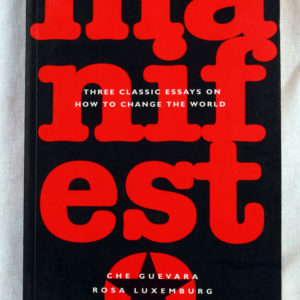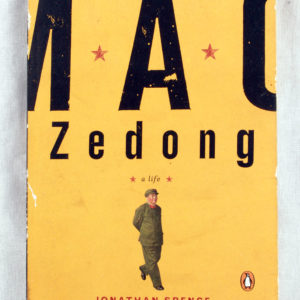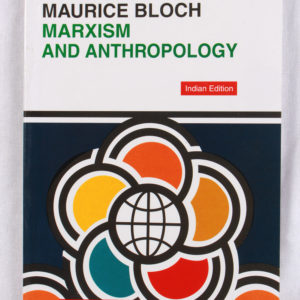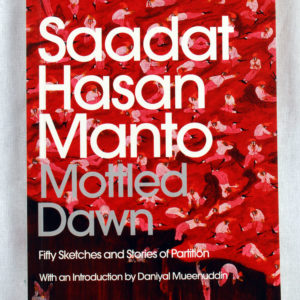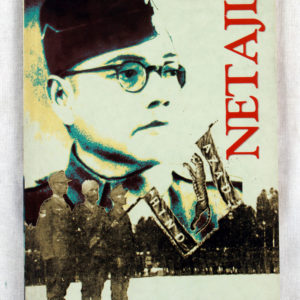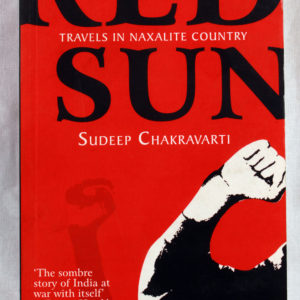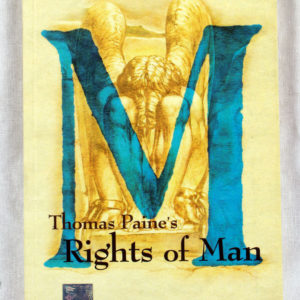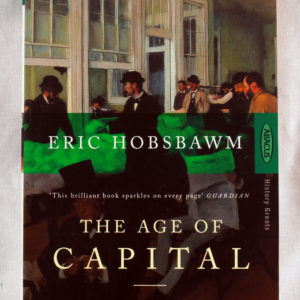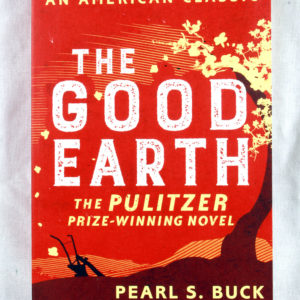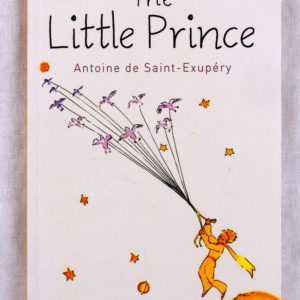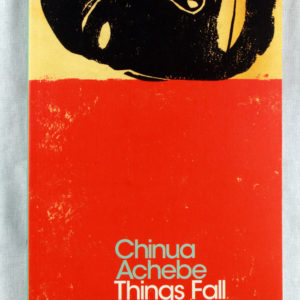Filter
When India detonated a thermonuclear device in May 1998, Arundhati Roy wrote The End of Imagination . Since then she has written with clarity, precision and insight about a range of subjects of the utmost importance. This second volume of her collected writing brings together fourteen essays written between June 2002 and November 2004. In these essays she draws the thread of empire through seemingly unconnected arenas, uncovering the links between America s War on Terror, the growing threat of corporate power, the response of nation states to resistance movements, the role of NGOs, caste and communal politics in India, and the perverse machinery of an increasingly corporatized mass media. Meticulously researched and carefully argued, The Ordinary Person s Guide to Empire is a necessary work for our times.
What happens when ill-treated farm animals gang up to throw out their lazy, corrupt and power-drunk rulers? Animal Farm is born.
As humans get ousted from Manor Farm and animals take control, their utopian fantasy of running a farm on the basis of equality soon begins to crumble before their eyes. The rebellion of the animals, led by the two pigs, Napoleon and Snowball, gives way to corrupt practices that lead to unthinkable consequences.
A resounding fable on totalitarianism and power-gone-corrupt, Animal Farm is an allegorical novella that took the publishing world by storm when it was first published and hasn’t stopped doing so ever since. The ultimate satire on fascism, Animal Farm finds relevance even in present-day world. A must-read!
As the trespassers walked towards the mosque, the muezzin […] jumped out of the darkness. Before the adversaries could discover his presence, he dashed straight towards Abhiram Das, the vairagi who was holding the idol in his hands and leading the group of intruders. […] The sadhu quickly freed himself and, together with his friends, retaliated fiercely. Heavy blows began raining from all directions. Soon, the muezzin realized that he was no match for the men and that he alone would not be able to stop them. 22 December 1949: A conspiracy that began with the assassination of Mahatma Gandhi culminated in the execution of the Ayodhya strategy. Late that night, a little-known sadhu, Abhiram Das, and his followers entered the Babri Masjid and planted an idol of Rama inside it. While it is known that the Hindu Mahasabha had a role in placing the idol in the mosque, the larger plot and the chain of events that led to that act have never been subject to rigorous scrutiny. Through intrepid research and investigation, Krishna Jha and Dhirendra K. Jha bring together the disparate threads of the buried narrative for the first time. Through a series of first-hand interviews with eyewitnesses and the unearthing of archival material, the authors take us behind the scenes to examine the motivations and workings of the Mahasabha members who pulled the strings. They also examine the liaison between Mahasabhaites and Hindu traditionalists in the Congress – an association that Jawaharlal Nehru sought to break in his cautious battle with Sardar Vallabhbhai Patel and the right-wing forces. Ayodhya: The Dark Night uncovers, in vivid detail, what really transpired on the fateful night that was to leave a permanent scar on the Indian polity.
2009–2012 War has spread from India’s borders to the forests in the very heart of the country. Here are four essays by Arundhati Roy including the heatedly debated ‘Walking with the Comrades’ that combines a clear-eyed, analytical overview with extraordinary reportage from the ground of the Maoist guerrilla zone and her most recent essay, ‘Capitalism: A Ghost Story’. Broken Republic examines the nature of progress and development in the emerging global superpower, and asks some fundamental questions about the real meaning of civilization itself.
Burmese Days is a novel by English writer George Orwell. It was first published in the United Kingdom in 1934. It is a tale from the waning days of British colonialism, when Burma was ruled from Delhi as a part of British India – “a portrait of the dark side of the British Raj.” At its centre is John Flory, “the lone and lacking individual trapped within a bigger system that is undermining the better side of human nature.” Orwell’s first novel, it describes “corruption and imperial bigotry” in a society where, “after all, natives were natives—interesting, no doubt, but finally…an inferior people”.
This new edition of Eduardo Galeano’s riveting commentary on the history and politics of soccer includes newly written material on the 2002 World Cup, which one quarter of humanity watched. Discussing everything from the leveling of the Twin Towers to the death of the sole survivor of that extraordinary match between British and German soldiers in 1915, one of South America’s greatest commentators issues forth on robotic soccer in Japan, the mass-production of the game as a sign of the decline of civilization, the amazing success of Senegal and Turkey, and how Nike beat Adidas.
This epic of a life larger than its legend is both intimate, based on family archives, and global in significance. “His Majesty s Opponent” establishes Bose among the giants of Indian and world history.
Lolita is a 1955 novel written by Russian-American novelist Vladimir Nabokov. Many authors consider it the greatest work of the 20th century, and it has been included in several lists of best books, such as Time’s List of the 100 Best Novels, Le Monde’s 100 Books of the Century, Bokklubben World Library, Modern Library’s 100 Best Novels, and The Big Read. The novel is notable for its controversial subject: the protagonist and unreliable narrator, a middle-aged literature professor under the pseudonym Humbert Humbert, is obsessed with a 12-year-old girl, Dolores Haze, with whom he becomes sexually involved after he becomes her stepfather. “Lolita” is his private nickname for Dolores. The novel was originally written in English and first published in Paris in 1955 by Olympia Press. Later it was translated into Russian by Nabokov himself and published in New York City in 1967 by Phaedra Publishers.
Lolita quickly attained a classic status. The novel was adapted into a film by Stanley Kubrick in 1962, and another film by Adrian Lyne in 1997. It has also been adapted several times for the stage and has been the subject of two operas, two ballets, and an acclaimed but commercially unsuccessful Broadway musical. Its assimilation into popular culture is such that the name “Lolita” has been used to imply that a young girl is sexually precocious.
With a preface by Adrienne Rich, Manifesto presents the radical vision of four famous young rebels: Marx and Engels’ Communist Manifesto, Rosa Luxemburg’s Reform or Revolution and Che Guevara’s Socialism and Humanity.
‘Spence draws upon his extensive knowledge of Chinese politics and culture to create an illuminating picture of Mao. . . . Superb.’ (Chicago Tribune) From humble origins in the provinces, Mao Zedong rose to absolute power, unifying with an iron fist a vast country torn apart by years of weak leadership, colonialism, and war. This sharply drawn and insightful account brings to life this modern-day emperor and the tumultuous era that he did so much to shape.
Jonathan Spence captures Mao in all his paradoxical grandeur and sheds light on the radical transformation he unleashed that still reverberates in China today.
This book examines the uses made of anthropology by Marx and Engels, and the uses made of Marxism by anthropologists. Looking at the writings of Marx and Engels on primitive societies, the book evaluates their views in the light of present knowledge and draws attention to inconsistencies in their analysis of pre-capitalist societies. These inconsistencies can be traced to the influence of contemporary anthropologists who regarded primitive societies as classless. As Marxist theory was built around the idea of class, without this concept the conventional Marxist analysis foundered.
First published in 1983.
This book extends the theme of Raymond Williams’s earlier work in literary and cultural analysis. He analyses previous contributions to a Marxist theory of literature from Marx himself to Lukacs, Althusser, and Goldmann, and develops his own approach by outlining a theory of `cultural materialism’ which integrates Marxist theories of language with Marxist theories of literature. Williams moves from a review of the growth of the concepts of literature and idealogy to a redefinition of `determinism’ and `hegemony’. His incisive discussion of the ‘social material process’ of cultural activity culminates in a re-examination of the problems of alignment and commitment and of the creative practice in individual authors and wider social groups.
Mottled Dawn Is A Collection Of Saadat Hasan Manto S Most Powerful Pieces On The Partition Of The Subcontinent Into India And Pakistan In 1947. The Book Includes Unforgettable Stories Like Toba Tek Singh , The Return , The Assignment , Colder Than Ice And Many More, Bringing Alive The Most Tragic Event In The History Of The Indian Subcontinent.
A concise biography of Netaji Subhas Chandra Bose meant for the young. The book will help to inculcate in the rising generation the basic human qualities like partriotism, national unity, self-sacrifice, courage and a concern for the poor of which Netaji was the shining example.
Krishna Bose is an eminent writer, educationist and parliamentarian. Educated at Calcutta University, she taught for 40 years at the City College of Calcutta where she was Head of the Department of English and for 8 years the Principal. She is a leading contemporary writer of Calcutta.
In 1967, Naxalbari, a village in West Bengal, became the centre of a Mao inspired militant peasant uprising guided by firebrand intellectuals. Today, Naxalism is no longer the Che Guevara-style revolution that it was. Spread across 15 of India’s 28 states, it is one of the world’s biggest, most sophisticated extreme-Left movements, and feeds off the misery and anger of the dispossessed. Since the late 1990s, hardly a week has passed without people dying in strikes and counter-strikes by the Maoists – interchangeably known as the Naxalites – and police and paramilitary forces.
In this disturbing examination of the ‘Other India’, Sudeep Chakravarti combines political history extensive interviews and individual case histories as he travels to the heart of Maoist zones in the country: Chhattisgarh (home to the controversial state-sponsored Salwa Judum programme to contain Naxalism), Jharkhand, West Bengal, Karnataka and Andhra Pradesh (where a serving chief minister was nearly killed in a landmine explosion triggered by the Naxalites). He meets Maoist leaders and sympathizers, policemen, bureaucrats, politicians, security analysts, development workers, farmers and tribals – people, big and small, who comprise the actors and the audience in this war being fought in jungles and impoverished villages across India. What emerges is a sobering picture of a deeply divided society, and the dangers that lie ahead for India.
Revolutionaries is vintage Hobsbawm, written masterfully amid one of the century’s most intense periods of political and social upheaval, putting those events in historical context. Few observers were as astute as Hobsbawm at probing, criticizing, and clarifying radical movements, whether in Beijing or Berkeley. Ranging from historical investigations into communism to contemporary appraisals of revolutionary movements and meditations on Marxism, Hobsbawm’s commentaries are essential guides to ideas and people that changed the face of the twentieth century.
Rights of Man (1791), a book by Thomas Paine, including 31 articles, posits that popular political revolution is permissible when a government does not safeguard the natural rights of its people. Using these points as a base it defends the French Revolution against Edmund Burke’s attack in Reflections on the Revolution in France (1790).
It was published in two parts in March 1791 and February 1792.
In this book, Eric Hobsbawm chronicles the events and trends that led to the triumph of private enterprise and its exponents in the years between 1848 and 1875. Along with Hobsbawm’s other volumes, this book constitutes and intellectual key to the origins of the world in which we now live.
Although it pulses with great events—failed revolutions, catastrophic wars, and a global depression—The Age of Capital is most outstanding for its analyis of the trends that created the new order. With the sweep and sophistication that have made him one of our greatest historians, Hobsbawm indentifies this epoch’s winners and losers, its institutions, ideologies, science, and religion.
The Good Earth is a novel by Pearl S. Buck published in 1931 that dramatizes family life in a Chinese village in the early 20th century. It is the first book in a trilogy that includes Sons (1932) and A House Divided (1935). It was the best-selling novel in the United States in both 1931 and 1932, won the Pulitzer Prize for Fiction in 1932, and was influential in Buck’s winning the Nobel Prize for Literature in 1938. Buck, who grew up in China as the daughter of missionaries, wrote the book while living in China and drew on her first-hand observation of Chinese village life. The realistic and sympathetic depiction of the farmer Wang Lung and his wife O-lan helped prepare Americans of the 1930s to consider Chinese as allies in the coming war with Japan.
The novel was included in Life Magazine’s list of the 100 outstanding books of 1924–1944. In 2004, the book returned to the bestseller list when chosen by the television host Oprah Winfrey for Oprah’s Book Club.
The Little Prince, French Le Petit Prince, fable and modern classic by French aviator and writer Antoine de Saint-Exupéry that was published with his own illustrations in French as Le Petit Prince in 1943. The simple tale tells the story of a child, the little prince, who travels the universe gaining wisdom. The novella has been translated into hundreds of languages and has sold some 200 million copies worldwide, making it one of the best-selling books in publishing history.

